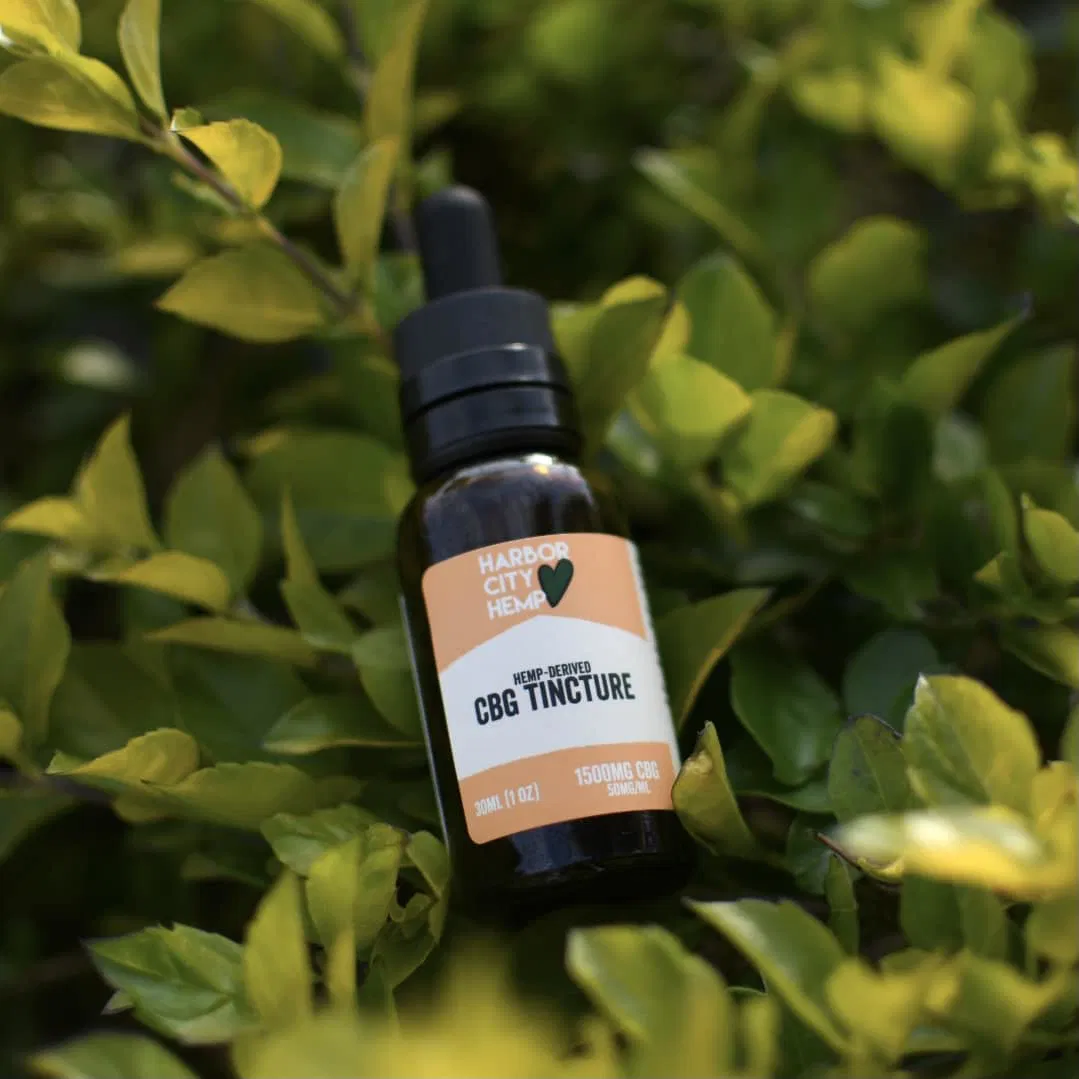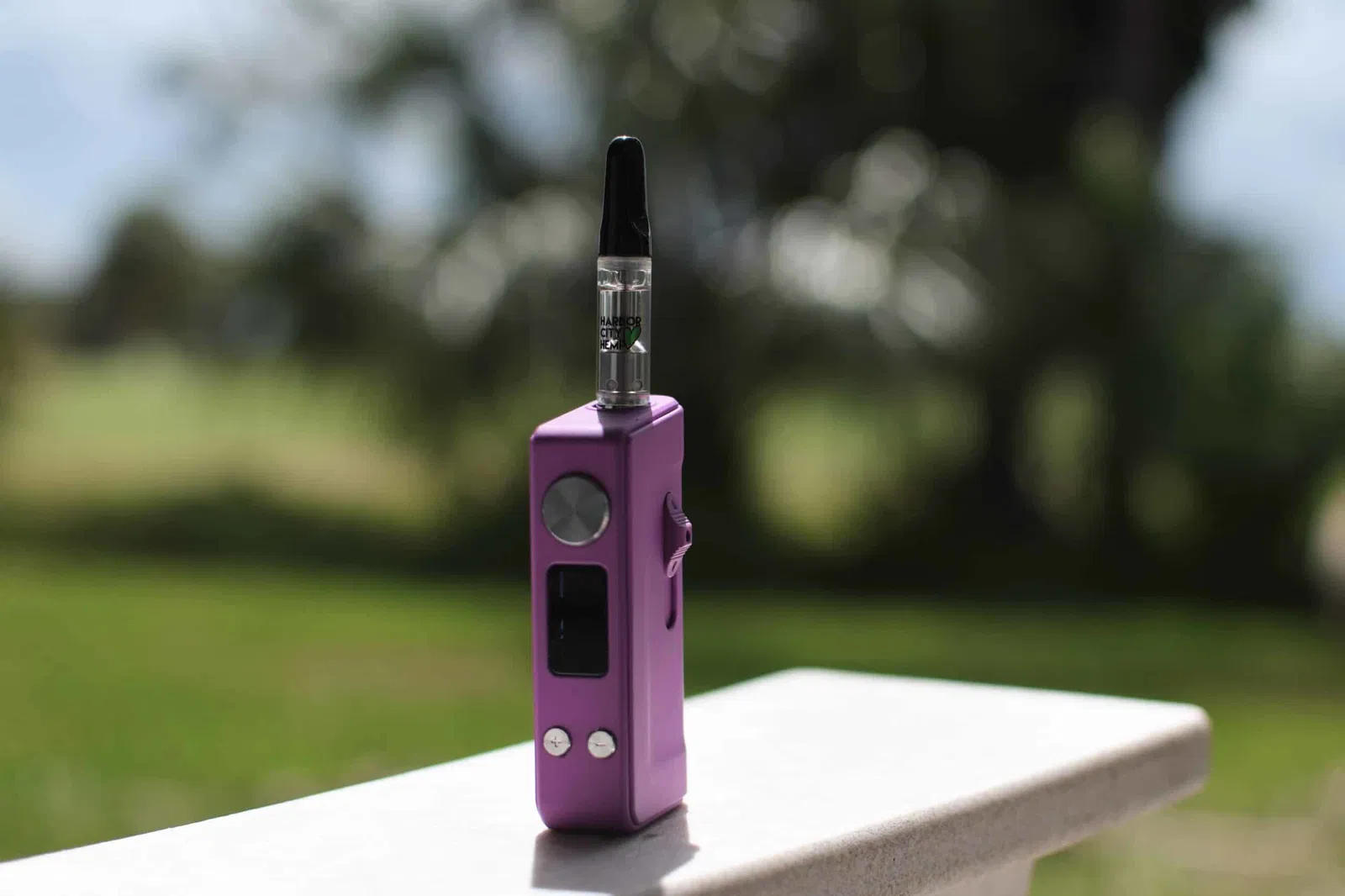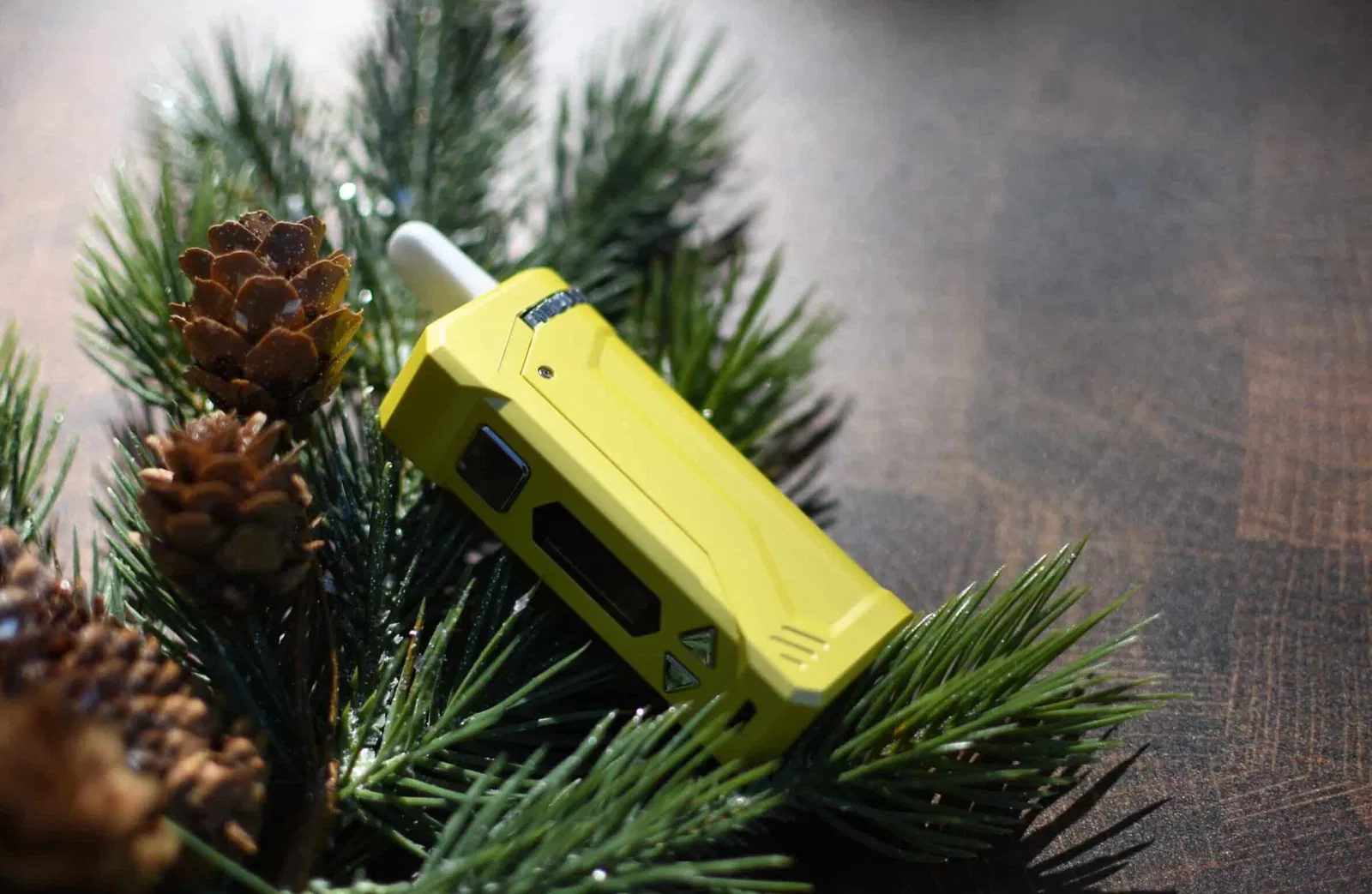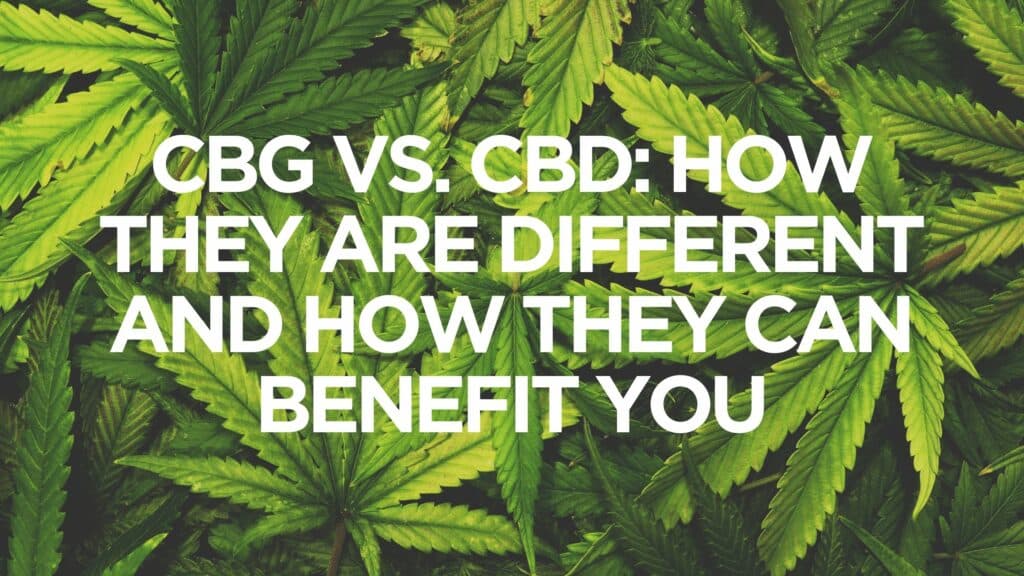Undoubtedly, CBD and THC are the most popular cannabinoids in the market today. But researchers keep discovering other minor cannabinoids, such as CBG. And now that CBG is garnering more interest from scientists and consumers alike, it’s only natural to wonder about CBG vs. CBG – their similarities and differences, their therapeutic differences, and which cannabinoid is better to use.
Most cannabis plants contain trace amounts of CBG – around just one percent, to be exact – but health professionals are highly interested in it because of its incredible potential. Earlier studies reveal that CBG may have similar characteristics to CBD. Both of these cannabinoids contain no psychoactive properties. What they offer to users instead are anti-inflammatory, antioxidant, analgesic properties, and neuroprotective properties.
Take a look at the similarities and differences between CBG and CBD.
What Is CBG?
Cannabigerol, or CBG, is one of many cannabinoids found in cannabis and hemp plants. Young hemp plants produce cannabigerolic acid or CBGA. When the cannabis plant matures, CBGA breaks down into two compounds – cannabidiolic acid, or CBDA, and tetrahydrocannabinolic acid, or THCA. These are then converted into CBD and THC. Whatever CBGA is left is converted into CBG.
So how does CBG work? There are many different compounds found in plants. In the case of cannabis plants, these compounds include a group of chemicals known as cannabinoids. These cannabinoids include CBD, THC, CBG, and many other substances naturally occurring in the cannabis plant.
It’s challenging to extract CBG from cannabis plants because it’s swiftly converted into CBD and THC as cannabigerol acid (CBGA). This synthesis takes place during plant growth. By the time a cannabis plant reaches full maturity, there’s only one percent or less CBG left in most strains. Some hemp strains have been specially cultivated to produce more CBG, but CBG is mostly extracted from young cannabis plants. The CBG in these more immature plants has not yet turned into CBD or THC.
The ECS is your built-in regulatory system that helps maintain balance in your mind and body, which is crucial, especially when external factors and certain lifestyle choices throw it off balance. Endocannabinoids can be found everywhere – from the brain, the immune system, and the central nervous system to major organs, glands, connective tissues, and more. ECS was discovered recently in the 90s and is essential to the body’s ability to maintain and be good and balanced.
CBG was first isolated way back in 1964, but it didn’t get a lot of attention. This is why there are just a few studies about the compound. Modern research is still in the preclinical stages, but so far, we know that CBG may have various therapeutic side effects.
These include strong pain-relieving properties that are more effective than THC. CBG may interact with the CB1 and CB2 receptors of the body’s endocannabinoid system, influencing pain, inflammation, and heat sensitivity. CBG may also have antidepressant, antibacterial, and even anti-cancer.
What Is CBD?
Cannabidiol, or CBD, is arguably the MVP of the cannabinoid team right now. And because hemp was officially legalized, thanks to the 2018 Farm Bill, it ended decades of federal prohibition. The legalization helped hemp-derived CBD become more mainstream. Now you can shop for hemp-CBD products everywhere, from retail to online stores. Like others of its kind, CBD works with the endocannabinoid system in various ways and shows promise for a vast array of medical, wellness, and psychological uses.
CBD is naturally found in high concentrations in cannabis and hemp plants. CBD was first isolated in the 1930s, but it was mostly unnoticed until the 1970s when scientists discovered it might have effective anticonvulsant abilities. Like CBG, CBD interacts with the body’s cannabinoid receptors.
Research done through the years has confirmed that CBD offers many therapeutic benefits. These include pain-relieving, anti-nausea, anti-anxiety, and sedative qualities. CBD was also discovered to be an effective treatment for severe forms of childhood epilepsy. It is used in Epidiolex, an FDA-approved drug.
CBD has become the cannabinoid of choice over the last few years, not only for its various therapeutic benefits but also due to its absence of psychoactive properties. Unlike THC, CBD can provide pain relief and other benefits without the risk of anxiety, paranoia, or impaired cognitive function.
Get the best CBD experience by using only the highest quality products. Harbor City Hemp CBD Products are guaranteed to provide safe and effective CBD merchandise.
What Are the Differences Between CBG and CBD
Although CBG and CBD offer very similar therapeutic properties, they also have some differences. In this case, the two cannabinoids are different in terms of molecular structures – how the carbon, hydrogen, and oxygen are arranged differently. The molecular structure of a cannabinoid affects its bioavailability and how it binds with cannabinoid receptors.
The two cannabinoids are also unique in terms of how they activate receptors. One study noted the interaction of CBG and CBD with the 5-HT1A serotonin receptor. While CBG behaves as an antagonist, CBD has strong anti-nausea effects, which makes it an agonist.
So even though CBD and CBD are similar, they can have opposing effects on this specific receptor when bound to the same place. The two function differently in stimulating one’s appetite. A study on rats revealed that CBG encouraged the animals to eat twice their regular food intake. However, a study about CBD found that the cannabinoid significantly reduces one’s total food intake.
Is CBG Used Similarly to CBD?
Yes. The most common CBG product for consumers is oil, just like CBD. By using pure CBG oil, you can get the body-nourishing benefits of CBG. However, it may not be easy to find CBG oils. They can also be quite expensive.
An alternative is to use broad-spectrum CBD oils, from which you can also get some of the benefits of CBD. Broad-spectrum CBD oils contain all the cannabinoids found in the cannabis plant, including CBD. The difference is that it doesn’t have THC.
Should You Use CBG and CBD Together?
Studies have shown that consuming a single cannabinoid makes it interact positively with your body. However, it was also discovered that when more than one cannabinoid enters the bloodstream simultaneously, the benefits you get multiply exponentially. This phenomenon is dubbed the “Entourage Effect,” in which a blend of cannabinoids works better than those working individually.
Therapeutic Benefits of CBG vs. CBD
While more studies are needed to delve into the therapeutic effects of CBG, preclinical studies offer some insight into how the cannabinoid may interact with the body. Like CBD, CBG doesn’t have any psychoactive properties, but it offers other therapeutic benefits instead. These include Appetite stimulation, antibiotic properties, anti-cancer properties, and the potential ability to fight MRSA bacterial infections.
With interest in CBG growing continuously, we expect to learn more about this cannabinoid. With more clinical studies and research, we may better understand the benefits of CBG.
In contrast, far more studies have been conducted about CBD. Research has discovered that CBD offers a host of therapeutic benefits, including pain relief, improved sleep, decreased stress and anxiety, and neuroprotective properties.
But there is always more to learn about cannabinoids. Also, most studies have been conducted on animals. Human trials are needed to fully understand the interaction of CBG and CBD in the body.
Start your journey into a safe and therapeutic CBG experience with Harbor City Hemp CBG Products.
FAQ
Does CBG get you higher than CBD?
CBD and CBG are non-intoxicating cannabinoids – they don’t have psychoactive properties, meaning they won’t make you high. The two also interact with the same receptors in the body and appear to have anti-inflammatory effects. However, CBG seems to have some different benefits and functions than CBD. The main difference between these two cannabinoids is the level of research available. There’s not much CBG right now, but a decent amount of research is available on CBD.
What is CBG good for?
There’s limited research available on CBG right now, but there’s enough to suggest that CBG has the potential to fight pain, inflammation, and nausea. It’s also shown to slow the proliferation of cancer cells. There are also findings that it can also significantly reduce intraocular eye pressure that comes with glaucoma. Strains high in CBG can be beneficial in treating conditions such as inflammatory bowel disease, Crohn’s disease, and cancer.
How does CBG make you feel?
CBG works by binding to both CB1 and CB2 receptors, and it’s shown to enhance the function of the neurotransmitter anandamide. This key chemical plays a role in enhancing pleasure and motivation. It also alleviates pain and regulates appetite and sleep. Unlike THC, CBG is a non-intoxicating cannabinoid with no psychotropic effects, so it will not give you a high.
Does CBG show up in a drug test?
CBG is different from THC, and there’s little risk of testing positive in a drug test if you consume CBG alone. However, since CBG is derived from hemp plants, which may contain trace amounts of THC (less than 0.3% by weight), your CBG product could have some THC, which can be detected on a drug test.
To ensure you don’t fail that drug test, consume only CBG products labeled as THC-free. Lab test results should show that these products have no THC in them.
Does CBG keep you awake?
CBG does not keep people awake. It could have the opposite effect and help you sleep better.
How much CBG should I take?
Since everyone’s body responds differently to CBG, there’s no one-size-fits-all answer to this question. Always start with a small dose, as little as 0.25 milligrams, and then increase the quantity gradually to find the ideal dose that works for you. CBG products come in various forms – oils, capsules, tinctures, topicals, and edibles. If you’re new to CBG, start with a low-dose product and then see how your body responds.
Which is better for sleep, CBG or CBD?
It’s not easy to choose between CBG and CBD to get better sleep. Both cannabinoids are effective in treating sleep disorders, although they work differently. CBD is a more popular choice for this purpose because it doesn’t interact with the CB receptors in the brain. Taking CBD won’t make you feel groggy or tired like some other cannabinoids can.
On the other hand, CBG is known for its ability to reduce stress and anxiety. Hence, it is perfect for people who have sleeping problems because of anxiety or stress. It depends on the cause of your sleep disorder and what you are looking for in a treatment.
CBG is worth trying if you are struggling with anxiety or stress, while CBD is your best bet if you do not want to feel tired or lethargic.
Get the Best CBD and CBD Products Now at Harbor City Hemp
Harbor City Hemp was founded in Melbourne, FL, by two passionate engineers interested in the hemp market. Our store’s mission is to provide high-quality and affordable hemp plant products to the local community and customers across the United States.
At Harbor City Hemp, we have recently updated the terms and conditions of our discount program to better streamline the experience for you as our customer. Please get in touch for more details on how to enroll. Learn about the updated discounting and the documentation requirements to be accepted into the program.
Customer support is available from Monday to Friday between 9 AM and 5 PM EST. You can expect a reply within 48 hours or less. You can also visit our physical stores. Check out the nearest Harbor City Hemp shop near you.




